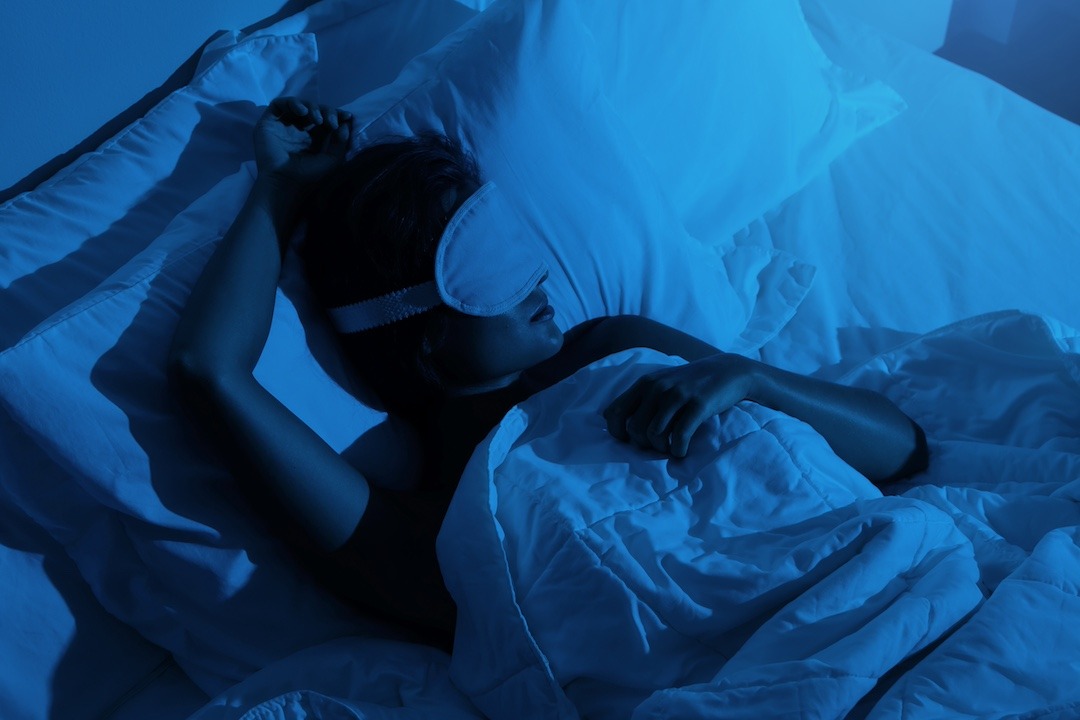Obstructive Sleep Apnea and Hypertension: What You Need to Know
Hey there, sleepyheads! Ready to dive into some eye-opening info about how your snooze habits affect more than just your energy levels? Let’s chat about the connection...
Posts by:

Hey there, sleepyheads! Ready to dive into some eye-opening info about how your snooze habits affect more than just your energy levels? Let’s chat about the connection...

As we grind our way through busy days, a good night’s sleep can often take a backseat to every other thing we need to do. But adults require at least 7-9 hours of...

Living with multiple sclerosis (MS) presents its own set of challenges, from managing symptoms to maintaining overall well-being. But what if there’s another condition...

If you follow our blog, you know that we talk about snoring A LOT. Do you snore? Have you ever wondered if your snoring could be more than just an annoyance to your...

As we embrace Movember, and ‘Grow a Mo’ to raise awareness for men’s health issues, it’s important to talk about the connection between obstructive sleep apnea (OSA)...

Have you ever wondered what effect the quality of your sleep has on your brain health? We often hear about the relationship between sleep and cardiovascular or...

We tend to associate workplace performance with factors like skills, technology, and strategy, but quality sleep plays a pivotal role in employee health and overall...

The key to restorative sleep often lies in a simple yet effective bedtime routine. Creating the perfect routine can make all the difference if you're struggling to fall asleep or just looking to improve your sleep quality.
1. Start with a Wind-Down Period
Begin winding down at least 30 minutes before bed. This period signals to your brain that it's time to relax and prepare for sleep. Consider dimming the lights, turning off bright screens, and opting for calming activities like reading a book, listening to soothing music, or practicing deep breathing exercises.
2. Keep It Consistent
Consistency is key when it comes to sleep. Try to go to bed and wake up at the same time every day, even on weekends. This helps regulate your body's internal clock, making it easier to fall asleep and wake up naturally.
3. Create a Calming Environment
Your sleep environment plays a big role in how well you rest. Ensure your bedroom is cool, dark, and quiet. Investing in blackout curtains, a comfortable mattress, and a white noise machine can help create the perfect sleep sanctuary.
4. Unplug from Electronics
Screens emit blue light, which can interfere with your body's production of melatonin, the sleep hormone. To avoid this, stop using phones, tablets, and computers at least 30 minutes (an hour or more is better!) before bed. Instead, choose activities that help your mind wind down, such as journaling or meditating.
5. Incorporate Relaxing Rituals
Incorporating relaxing rituals into your routine can significantly enhance sleep quality. A warm bath or shower can help your muscles relax, while sipping on a cup of herbal tea, like chamomile, can promote a sense of calm. Some people also find that gentle yoga or stretching helps ease tension in the body before sleep.
6. Keep Meals and Drinks Light
What you consume before bed can impact your sleep. Avoid heavy meals, caffeine, and alcohol in the evening. If you're hungry, opt for a light snack that promotes sleep, such as a banana or a handful of nuts.
7. Practice Gratitude or Positive Reflection
End your day on a positive note by reflecting on the good things that happened. This can be as simple as listing three things you're grateful for or taking a moment to acknowledge a small victory. Positive reflection can help clear your mind of worries and create a sense of peace, making it easier to drift off to sleep.
Conclusion
Creating a bedtime routine tailored to your needs can be a game-changer for your sleep quality. By winding down, maintaining consistency, and fostering a calming environment, you set the stage for a restful night. Remember, the perfect routine is the one that works best for you, so feel free to experiment and adjust until you find what helps you achieve great sleep.